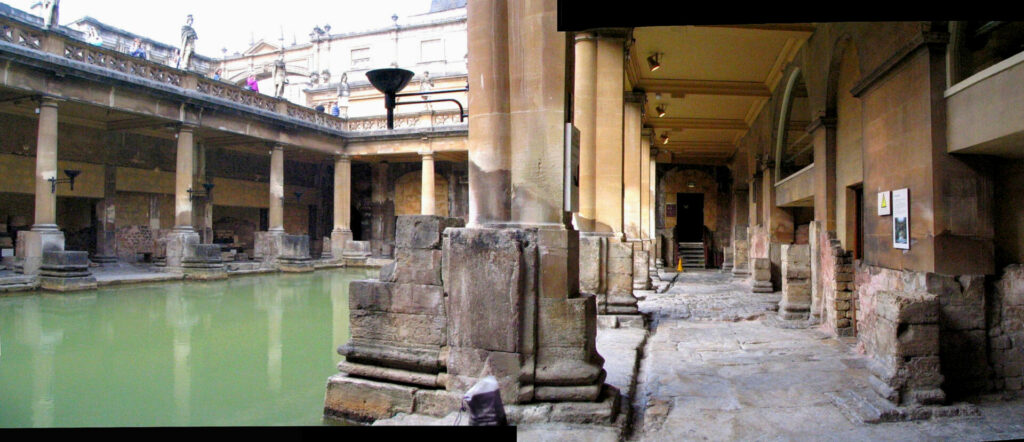Because of rising costs, experts are calling for a return to public baths in the Belgian capital so that 10% of those lacking access to water have a place to wash themselves.
There was a time when it was possible to bathe in our cities; public washrooms which gave those people who did not have those amenities at home the opportunity to clean themselves and to enjoy the bathing experience.
Over the past few decades, however, public bathing facilities have almost disappeared, leaving sports facilities and mosques among the only places outside of their homes where people can wash.
As a lack of water becomes a problem for some and the cost of utilities at home affects many others, several organisations and groups have called for the return of public baths in Brussels especially.
Today, around 10% of the capital’s population has difficulty accessing water, says Pauline Bacquaert, an expert of water scarcity at the Free University of Brussels. These figures include people who have housing but may be struggling to pay their bills or have problems with their utilities, but also those who do not have housing and need to find places to wash and take care of themselves.
Related News
- Flanders to turn 13,320 Olympic swimming pools of sewage into useable water
- Walloon Mayor launches complaint over repeated water outages
- EU proposes new legislation to improve air and water quality
Bacquaert and fellow expert Sophie Richelle have explored the types of places where you can now wash and have concluded that many spaces could be made available to those most in need but are not. Some municipalities are attentive and offer infrastructure, others do nothing at all.
“This issue should be taken into account at the regional level, so as to include all actors in its resolution,” the experts say. “Access to water must be part of the policy to make housing accessible for all.”

